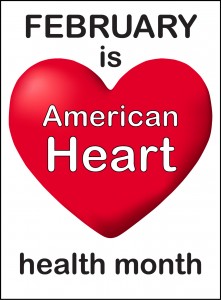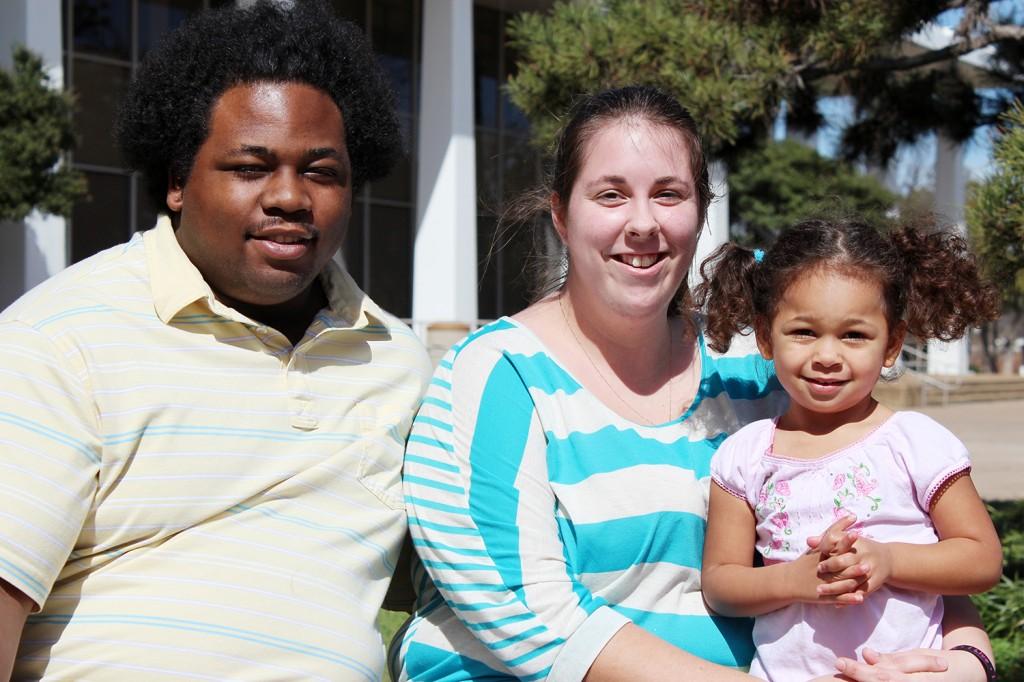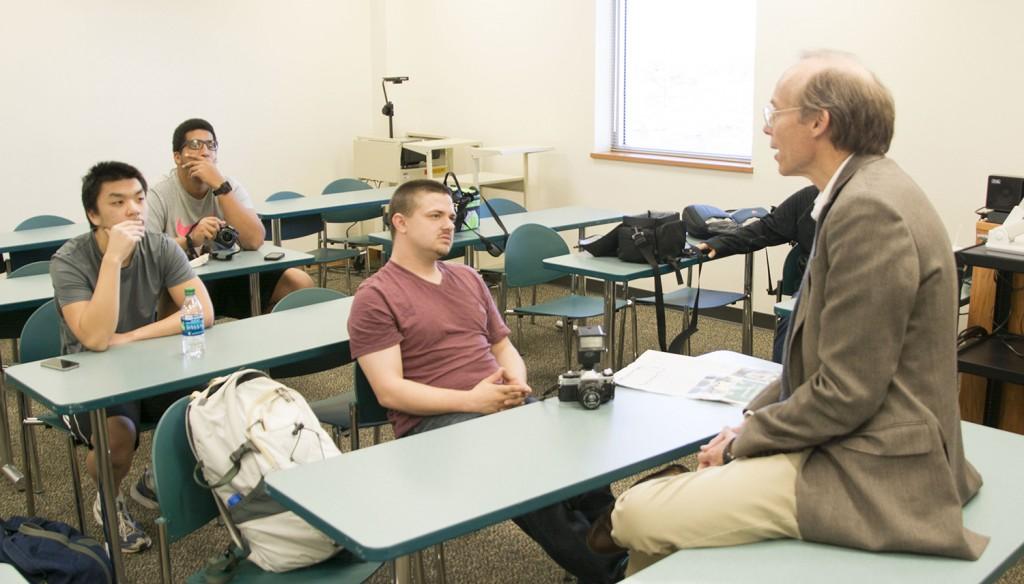By Erin Ratigan/tr news editor

February is American Heart Month, and TR Campus health services wants students to notice.
Heart disease is the No. 1 killer of U.S. men and women, taking a life every 33 minutes, says The Heart Foundation.
As part of American Heart Month, Feb. 13 was named Go Red Day, and heart health-themed events were scheduled during the afternoon. Students were encouraged to wear red to spread awareness.
Nursing assistant professor Alison Carmona said the student lifestyle plays a part in the development of heart disease. The sedentary nature of studying, she said, along with unhealthy eating and drinking habits can directly affect heart health.
Nursing dean Joseph Cameron agreed. He said poor diet and inactivity create a “hostile living environment” for one’s heart.
“Learning about heart health early can help us avoid creating bad habits that could be life-threatening and lead into heart disease,” he said.
Heart disease, according to the Mayo Clinic, is not one disease but a range of diseases including angina, congestive heart failure and congenital heart disease.
Though heart disease may sound like an adult condition, Carmona said that isn’t the case. Young people are just as susceptible to heart attacks and other problems as adults, Carmona said.
“We start screening people for heart attacks … at around age 30-35,” she said. “But kids can have heart attacks.”
One patient she treated was just 14 years old.
Nursing associate professor Nancy Kupper and nursing director Deann Mitchell co-authored a chapter in Medical-Surgical Nursing, the textbook used in the TR nursing program. The chapter focuses on inflammatory heart disorders.
Kupper said heart disease affects more women than men, and 40 percent of all deaths of American women are due to heart disease.
To avoid heart disease, both Carmona and Kupper recommend improving diets and learning family histories.
“One of the things about heart disease is that it can be unpredictable,” Carmona said. “People who from the outside look totally healthy can have underlying disease processes that we don’t know about.”
Carmona said smoking should also be avoided, adding that e-cigarettes have nicotine and can have some of the same effects as regular cigarettes.
While people cannot avoid their own genetics, Carmona said students can still make positive changes to their health.
“Your body starts aging at age 25,” she said. “You still have time to make a huge difference in how you set yourself up to age.”




























